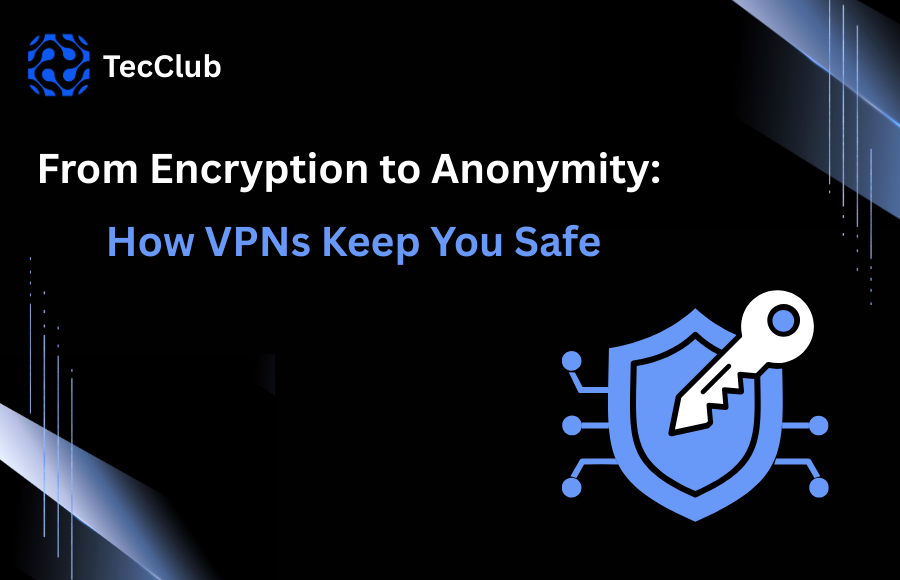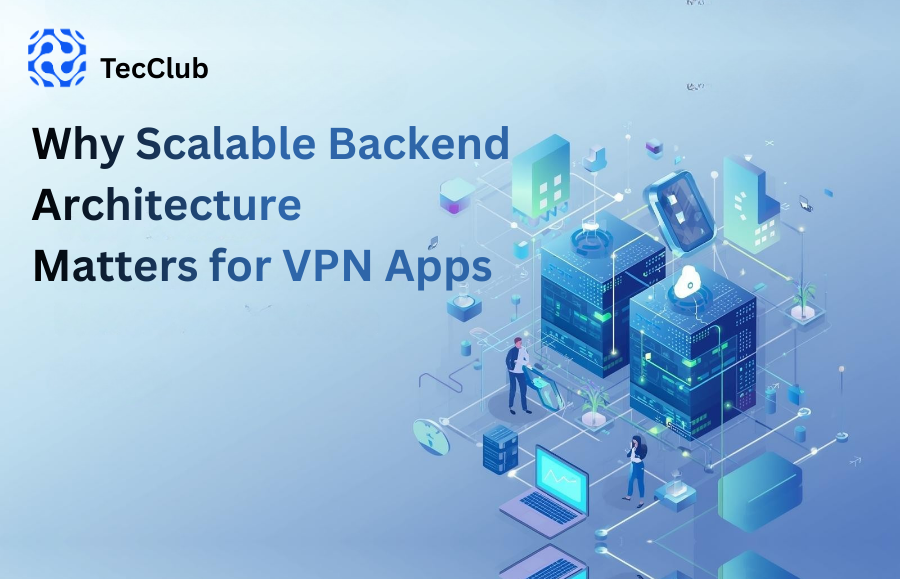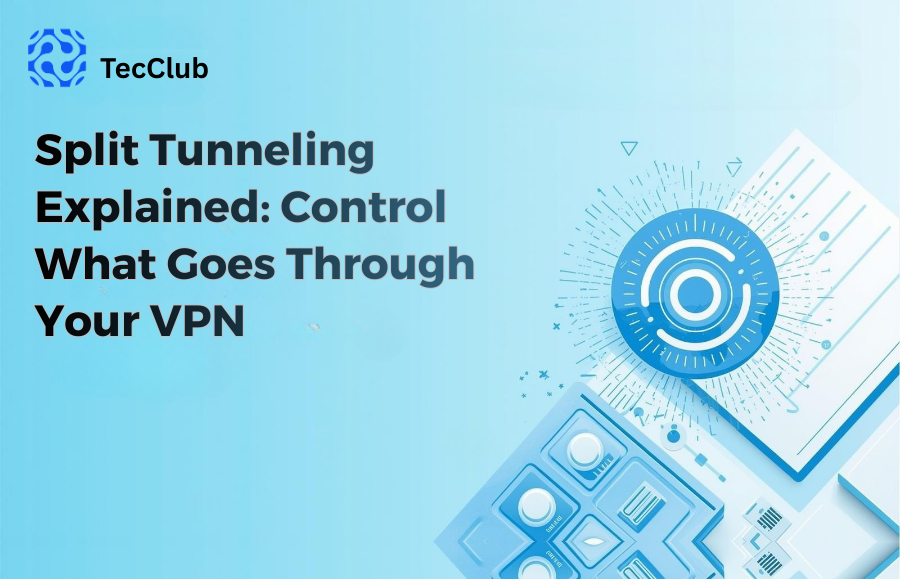
Every time you connect to the internet, you share more than you realize. From login credentials to browsing habits, your digital footprint is constantly being tracked by websites, advertisers, internet service providers (ISPs), and, in some cases, cybercriminals. To counter these threats, Virtual Private Networks (VPNs) have become an essential cybersecurity tool—providing both encryption and anonymity to protect your data.

Encryption is the backbone of VPN security. It works by converting your data into unreadable code before it leaves your device, ensuring that even if hackers intercept your traffic, they won’t be able to make sense of it.
Secure Transactions: Protects sensitive information like credit card details, passwords, and business files.
Safe Public Wi-Fi Use: Shields data from cybercriminals targeting insecure networks at airports, cafés, or hotels.
Business Security: Ensures corporate communication and file transfers remain confidential.
Popular encryption protocols like AES-256 and WireGuard offer military-grade protection, making data breaches nearly impossible.
While encryption secures your data, anonymity protects your digital identity. VPNs achieve this by hiding your real IP address and assigning you a virtual one.
Masking Your Location: Websites and trackers see the VPN server’s IP address, not your own.
Preventing Targeted Ads: Advertisers can’t profile your browsing behavior.
Defending Against Surveillance: ISPs and government agencies cannot easily monitor your activity.
Access Without Restrictions: Anonymity allows you to bypass censorship and geo-blocks safely.
Together, encryption and anonymity ensure both your data and your identity stay safe online.

For Individuals: VPNs protect online banking, secure shopping, and private browsing.
For Businesses: Secure remote work, cloud access, and encrypted communication.
For Travelers: Safe connections when using foreign or public networks.
Providers like NordVPN, Surfshark, ExpressVPN
Cost: $8–$12/month per user (yearly plans drop to $3–$5/month).
Services like NordLayer, Perimeter 81, Twingate
Cost: $8–$11/user/month for teams; enterprise solutions are custom-priced.
Small Teams (5–10 users): ~$100–$350/month
Medium Teams (25–50 users): ~$500–$850/month
Large Enterprises: $1,000+/month
Software: Free
Server Hosting: $5–$50/month/server
Best for startups or tech teams comfortable with DIY setups.
From encryption that shields your data to anonymity that hides your identity, VPNs provide a two-layered defense against the modern threats of hacking, tracking, and surveillance. Whether you’re an individual seeking privacy or a business securing sensitive operations, investing in the right VPN ensures peace of mind in an increasingly unsafe digital world.
At TecClub Technology, we guide individuals and organizations in adopting secure VPN solutions—balancing performance, cost, and protection.

